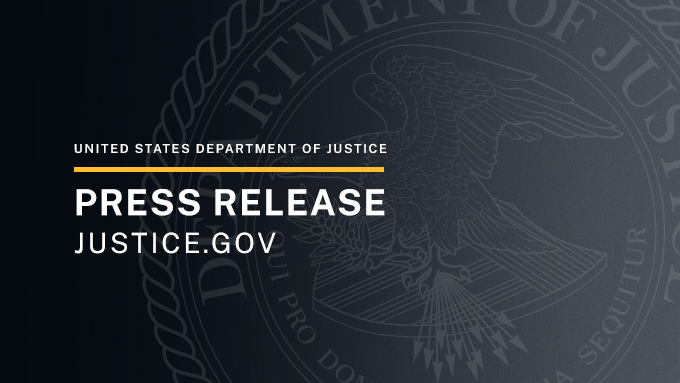After the
War of 1812, there was growing discontent in
Upper Canada with the elite clique of politicians and officials known as the
Family Compact. The Compact dominated the running of the government. They controlled the system of
patronage throughout the colony and used political office and influence to further their own business interests.
There was also popular opposition to land-granting practices. These policies favoured recent emigrants from Britain and the
Church of England and its supporters over other
Protestant groups. The disapproval of this was strongest among the so-called late
Loyalists and their descendants. (Late Loyalists were American-born settlers who had migrated to Upper Canada prior to the
War of 1812. Many were non-conformist in their
religious views and somewhat republican in their political leanings.) In the 1820s, settlers of American origin were also denied political rights, including the choice to swear allegiance to the
Crown. This made them ineligible for land grants.








